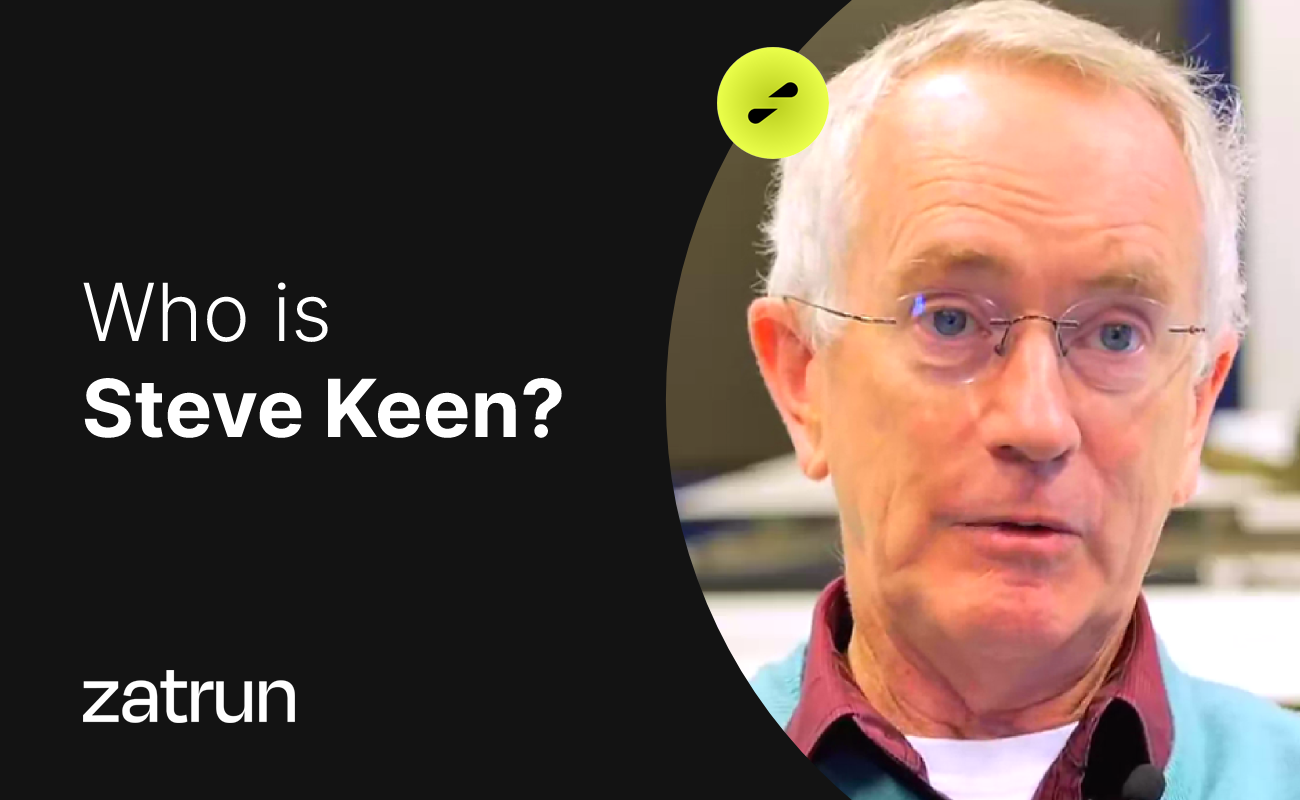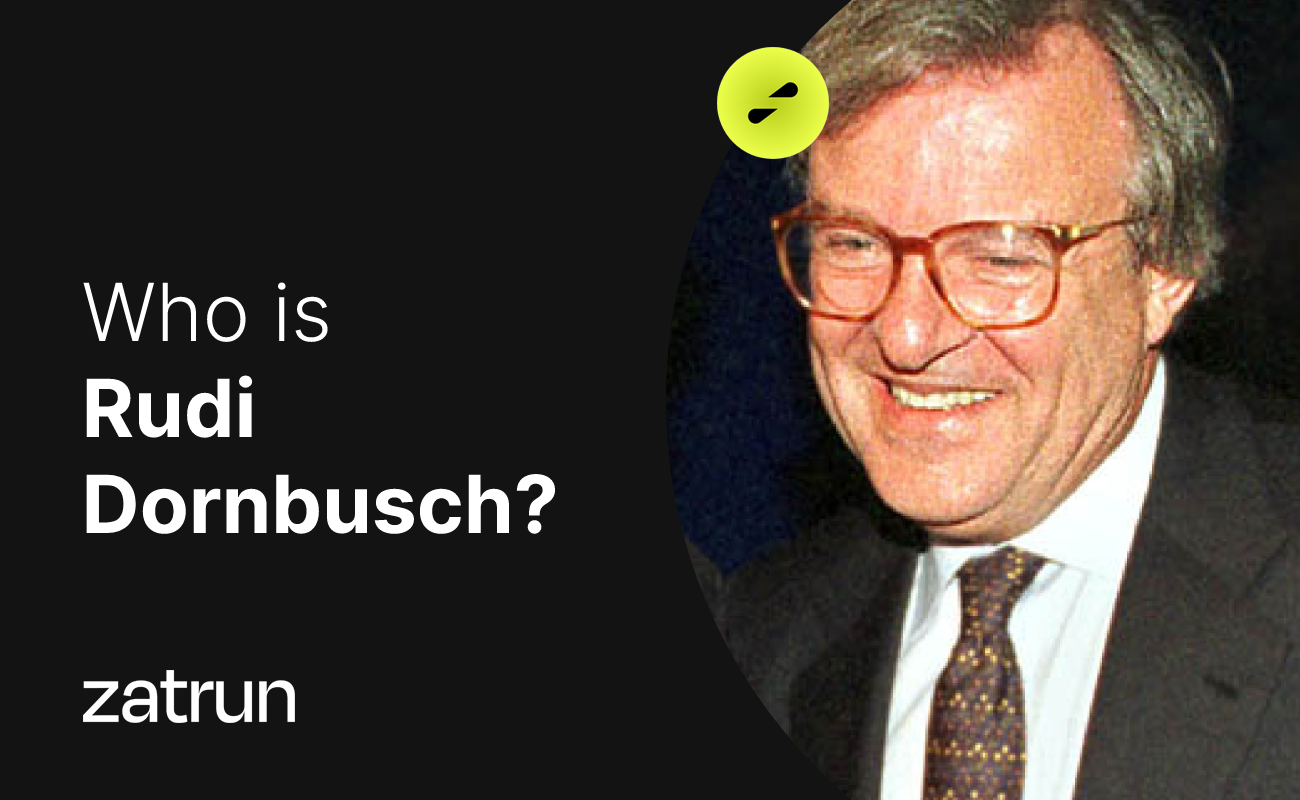Maurice Dobb 101: Who is a Successful Economist and Writer? in our article of Zatrun.com, we will cover in detail everything you need to know about the successful economist and writer Maurice Dobb, who our readers are curious about.
Who is Maurice Dobb?
Maurice Dobb is an English economist, author, and a Fellow of Trinity College at the University of Cambridge. He served at Cambridge University and is known as one of the leading Marxist economists of the 20th century. Born in London in 1900, Dobb was educated at Charterhouse School. After being exempted from military service due to the Armistice of 1918, he was awarded a scholarship to Pembroke College, Cambridge in 1919 and went on to receive an economics education at the London School of Economics in 1922. After obtaining his PhD in 1924, he served as a university lecturer at Cambridge University.

In 1920, he joined the Communist Party of Great Britain and was central to the Communist movement at Cambridge University in the 1930s. As a part of the Communist movement, Dobb participated in political activities and organized rallies. He focused on the vulnerability to economic crises and viewed the United States as an example of capitalist money that supports military agendas.
Academic Career and Politics:
Dobb’s position at Trinity College kept him there for over 50 years. He was elected as a faculty member in 1948 and began working on a project to compile the works and letters of Piero Sraffa and David Ricardo. The result of this work was published in 11 volumes, and Dobb was unable to obtain a university lectureship position until 1959.
Maurice Dobb published 12 academic books, over 24 pamphlets, and numerous articles throughout his career. He wrote about political economy and argued that people’s economic relationships determine their social solidarity. He focused on topics such as the classes and class struggle created by the capitalist system. After a trip with Keynes, he distanced himself from political conflicts and mostly gave long and tedious lectures.
In 1928, Dobb was involved in activities such as teaching summer school, serving as the President of the Economic Faculty of the British Communist Party, and helping to establish the party’s film company. Despite different views within the party, he argued that intelligence and political activism were not mutually exclusive.
In 1931, he married Barbara Marian Nixon and lived with her for the rest of his life. Barbara was active in the Labour Party and had a seat on the London County Council while continuing her acting career. That same year, he gave a lecture about his last trip to Russia, and some people referred to him as a paid agent of the Soviet government. Dobb denied these claims in an article published in The Times and claimed to have no connection to the Soviet government.
Economic Views:
Maurice Dobb was a significant economist interested in interpreting neoclassical economic theory from a Marxist perspective. He believed that neoclassical economic theory was based on a framework of static equilibrium and that it was subject to criticisms from market socialist, centrally planned socialist, and capitalist models. Dobb also engaged in an original discussion on the criticisms of economic calculation problems.
Furthermore, Maurice Dobb criticized marginalist thinking within neoclassical economics. Marginalism proposes measuring individual satisfaction levels by suggesting the marginal utility of a good as a person consumes each additional unit. However, this idea demonstrates that individual spending willingness influences prices but does not entirely determine them. Thus, the price of a good is based on individual preferences but does not solely rely on them, as indicated in Marx’s work “Value, Price, and Profit,” which emphasizes the dependence of prices on social labor in production.
Works:
Maurice Dobb’s book “Theories of Value and Distribution Since Adam Smith: Ideology and Economic Theory” argues that marginal utility and individual satisfaction cannot determine prices. Dobb largely associates an individual’s preferences and satisfaction with their wealth status, which results in prices being determined by purchasing power. Therefore, the impact of individual behavior on price determination is limited, with wealth distribution being the most significant factor in setting prices. Dobb also criticized Oskar Lange’s market-socialist model and the contributions of “neoclassical” socialists, believing that work-centered exchange relations are a limited perspective on economic issues.












